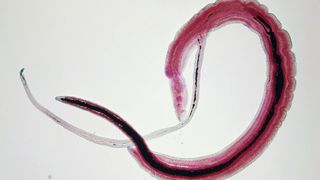
Clarissa Brincat
Clarissa Brincat is a freelance writer specializing in health and medical research. After completing an MSc in chemistry, she realized she would rather write about science than do it. She learned how to edit scientific papers in a stint as a chemistry copyeditor, before moving on to a medical writer role at a healthcare company. Writing for doctors and experts has its rewards, but Clarissa wanted to communicate with a wider audience, which naturally led her to freelance health and science writing. Her work has also appeared in Medscape, HealthCentral and Medical News Today.
Latest articles by Clarissa Brincat
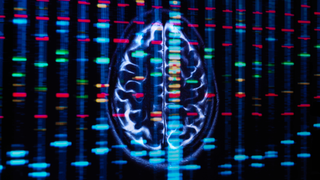
5 genetic 'signatures' underpin a range of psychiatric conditions
By Clarissa Brincat published
A study suggests psychiatric disorders can share the same genetic signatures and that they may stem from shared biological mechanisms.

What was the loudest sound ever recorded?
By Clarissa Brincat published
Determining the "loudest recorded sound" depends on how you define sound and on which measurements you choose to include.
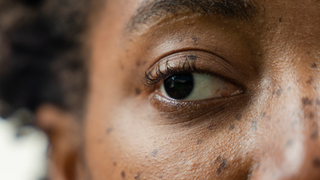
Injecting anesthetic into a 'lazy eye' may correct it, early study suggests
By Clarissa Brincat published
Temporarily shutting down a "lazy eye" triggers a burst of neuronal activity that reverses the condition in animal experiments, a study shows.
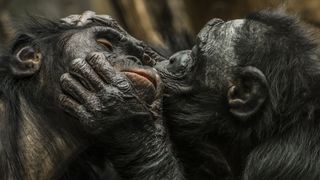
Kissing goes back 21 million years, to the common ancestor of humans and other large apes, study finds
By Clarissa Brincat published
Scientists traced kissing back to a primate ancestor that lived around 21 million years ago.
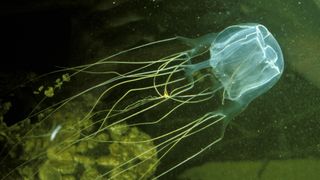
Can brainless animals think?
By Clarissa Brincat published
Even without brains, creatures like jellyfish and sea anemones can learn from experience.
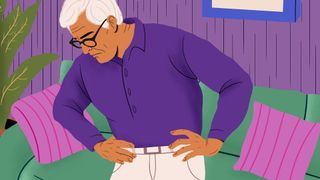
Aging and inflammation may not go hand in hand, study suggests
By Clarissa Brincat published
Declining immune responsiveness with age may be driven by changes in immune cells — not by inflammation, as previously thought.

Did Neanderthals eat anything other than meat?
By Clarissa Brincat published
Neanderthals were meat eaters, but new analyses show that their diets included other morsels.

Are there any countries with no mosquitoes?
By Clarissa Brincat last updated
One country has long been a mosquito-free zone, but global warming may change that.
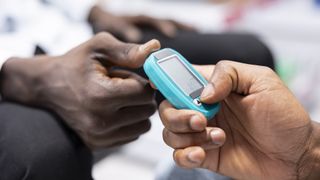
What is type 5 diabetes? Newly recognized form of the disease gets name
By Clarissa Brincat published
First spotted decades ago but largely forgotten, a newly named form of diabetes stems from undernutrition and is thought to affect millions.

What's the strongest muscle in the human body?
By Clarissa Brincat last updated
Several muscles can claim the crown, depending on how you measure strength.
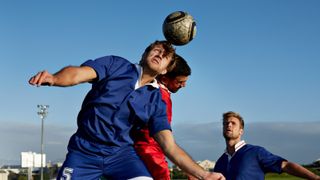
Years of repeated head impacts raise CTE risk — even if they're not concussions
By Clarissa Brincat published
Years of hits in sports like football and soccer, even without concussions, can trigger neuron loss and inflammation in the brain, a study finds.
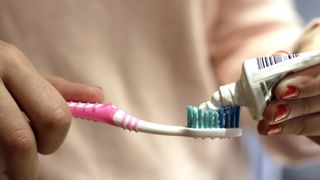
Why does your breath sometimes stink even after brushing your teeth?
By Clarissa Brincat published
You might brush twice a day but still struggle with stinky breath. Why is that?
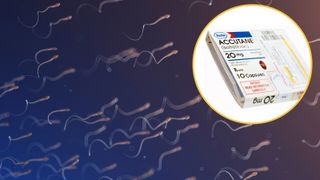
Acne drug Accutane may restore sperm production in infertile men, early study hints
By Clarissa Brincat published
Accutane, a decades-old acne treatment, could help men with infertility produce motile sperm and avoid invasive sperm retrieval surgery, a study finds.
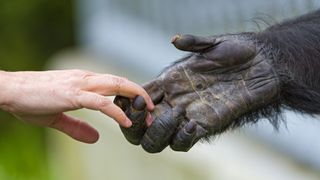
Do humans and chimps really share nearly 99% of their DNA?
By Clarissa Brincat published
The frequently cited 99% similarity between human and chimp DNA overlooks key differences in the genomes.
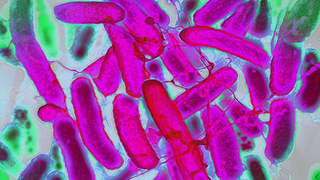
Caffeine may help bacteria resist antibiotics, study finds
By Clarissa Brincat published
A laboratory experiment suggests caffeine may boost E. coli’s antibiotic resistance. However, whether this discovery applies to real-world infections in people is not yet known.
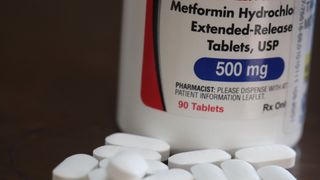
Metformin may prevent severe morning sickness
By Clarissa Brincat published
Taking the diabetes drug metformin before pregnancy may reduce the risk of debilitating morning sickness by 70%, early data hint. But a clinical trial is still needed to confirm this finding.
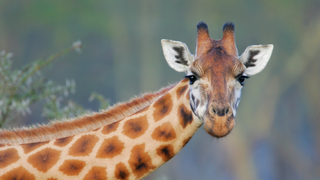
Why do giraffes have spots?
By Clarissa Brincat published
Giraffes' distinctive spots are more than just for show. So why do these tall animals have them?
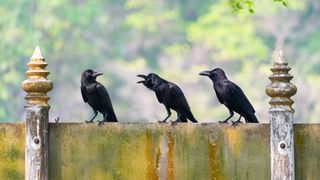
Which animals can count and understand simple math?
By Clarissa Brincat published
Many animals have a sense of quantity, but they don't count or do math the way humans do.
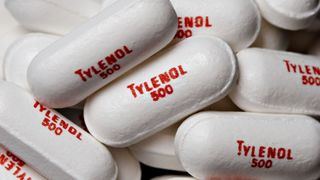
Scientists finally work out how Tylenol works — 130 years after we started using it
By Clarissa Brincat published
According to a new study in rats, a key byproduct of acetaminophen, called AM404, may block pain at the source before it has a chance to reach the brain.
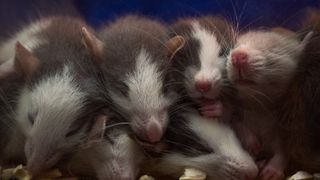
Iron deficiency in pregnancy can cause 'male' mice to develop female organs
By Clarissa Brincat published
Low iron levels can flip the genetic switch on a mouse's sex during development, causing XY embryos to grow female features. But it's not clear whether the effect applies to humans.
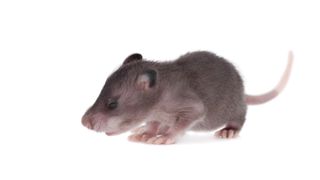
Which animal has the best sense of smell?
By Clarissa Brincat published
There are multiple contenders for the title of best smeller, but no clear winner just yet.
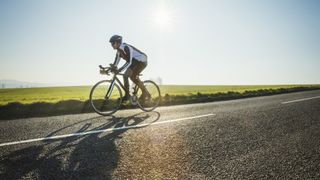
Does time 'go slower' when you're exercising?
By Clarissa Brincat published
Studies find that people's perception of time really does warp during exercise, and the distraction of racing a rival does not fix this distorted perception.
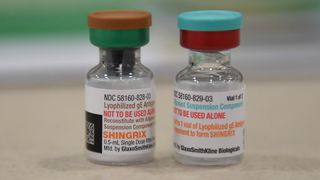
Shingles vaccine may directly guard against dementia, study hints
By Clarissa Brincat published
The lower incidence of dementia seen in adults who received the shingles vaccine is likely not just a correlation, scientists say, based on new results of an observational study.
Get the world’s most fascinating discoveries delivered straight to your inbox.
